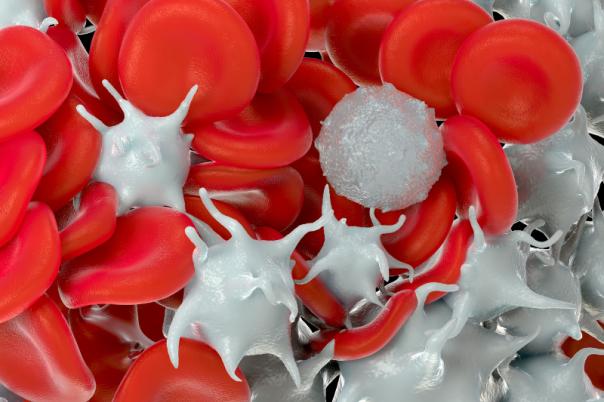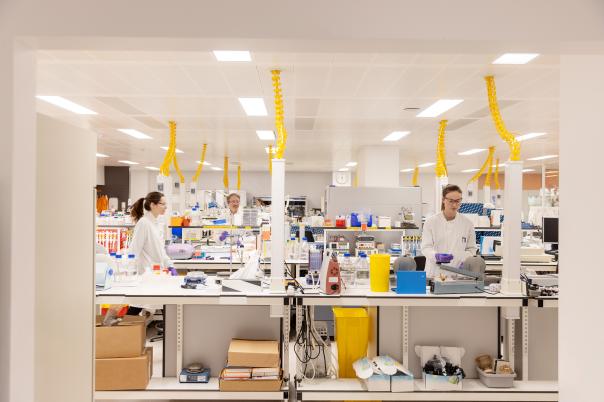G protein coupled receptors (GPCRs) represent a significant opportunity for the discovery of new drugs. On the one hand, make up a sizable proportion of targets, with over 30% of approved drugs targeting these receptors. On the other hand, only about 15% of the GPCR superfamily has been drugged; the remaining 85% including about 100 peptide and protein receptors.
However, GPCRs can be tricky to target. Small molecules are not effective for targeting GPCRs due to the receptors’ large binding pockets. Similarly, antibodies have struggled to modulate GPCR activity because they can't efficiently reach inside the binding pocket. To unlock the undrugged potential of the remaining 85% of the GPCR superfamily, Orion Biotechnology has developed a novel approach for targeting these valuable receptors.
Oliver Hartley, Vice President of Drug Discovery at Orion Biotechnology, explained that their approach involves engineering the transmembrane domain interaction by exploring shape space. By doing so, Orion are able to make many more contacts between membrane and receptor, which enhances binding affinity and allows full control over signalling activity through the receptor.
The company begins with the target receptor for which they synthesise the gene. This gene gets put into a normal cell line which allows the team to work on the native ligand, introducing combinatorial diversity into the parts of the ligand which they know interacts with the transmembrane bundle.
Orion uses phage display to screen billions of physiologically relevant conformations of the receptor on living cells in parallel. This leaves them with hundreds of hits which they use a proprietary chemical synthesis approach to make and screen them for binding and G protein independent signalling activity.
The company's discovery platform is very fast, allowing for the rapid exploration of shape space and the development of potent analogues. For example, they completed a campaign on the GLP-1 receptor in just three months, identifying 131 analogues.
Orion's capacity to discover outstrips their capacity to develop, making them open to partnerships with interested parties for targeting specific receptors or for radio ligand therapy.






